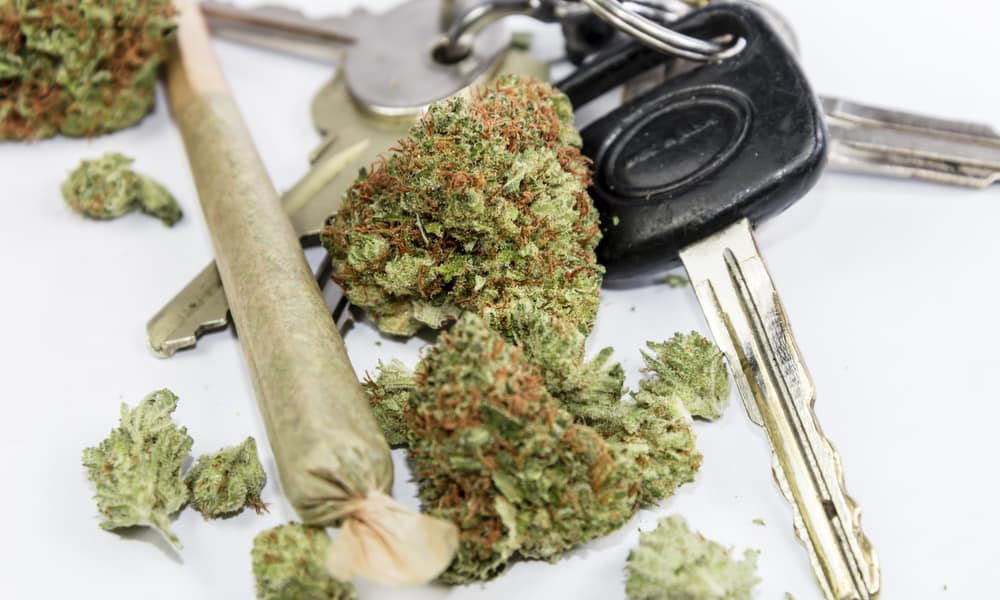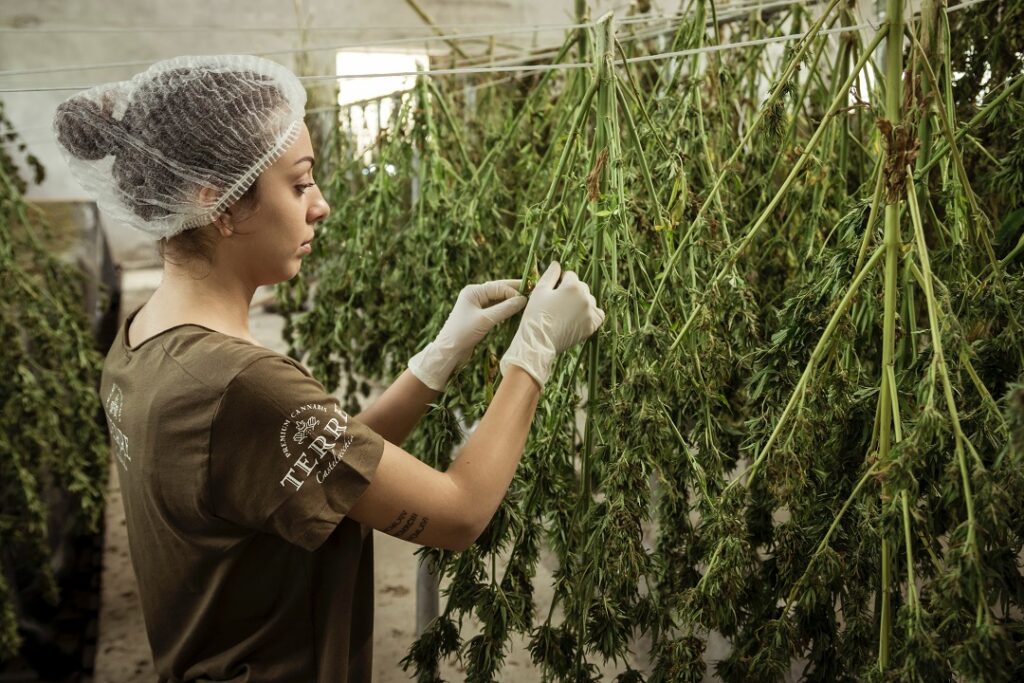
Michigan Commission Recommends No Limit on THC in Drivers’ Bodies. Experts maintain that THC in the blood does not necessarily mean that a person is impaired—or even high.
A Michigan commission tasked with studying the effects of cannabis on driving has recommended that the state not impose limits on the amount of THC that can be present in drivers’ bodies. The Impaired Driving Safety Committee issued the recommendation in a report that was released last week after spending nearly two years exploring the issue. The panel of six members appointed by former Gov. Rick Snyder reviewed published scientific research and conducted roadside tests with the Michigan State Police to complete its work. Members of the committee include a medical marijuana patient and law enforcement, forensic toxicology, cannabis pharmacology, and traffic safety professionals.
The committee determined that while cannabis use can have an effect on driving, the level of THC in a driver’s blood is not a reliable indicator of driving impairment. Instead, Committee member Norbert Kaminski, a professor of pharmacology and toxicology at Michigan State University, recommended that police use roadside sobriety tests.
“The only reasonable way to do this right now is to demonstrate that people are impaired,” said Kaminski.
The committee also recommended additional training to detect impaired driving for law enforcement officers and a campaign to educate the public on the dangers of driving while high.
‘Very Poor’ Correlation Between THC Levels and Impairment
Kaminski also noted that he was glad that the former governor had formed the commission to “make logical and rational decisions based on the state of the science.” He said that there is a “very poor correlation” between levels of THC in blood and driving impairment for several reasons. When cannabis is consumed by smoking or vaporization, THC levels quickly spike but then fall rapidly as well, dropping to half of the peak level within six to 10 minutes. Because of this rapid fluctuation, THC levels at the time a blood test is administered do not accurately reflect the level while driving. Also, heavy cannabis users can have higher THC levels than inexperienced users without showing signs of impairment. Cannabis can also be detected for up to 30 days after discontinuing use, long after any effects from the drug have passed.
Under current Michigan law, it is illegal to drive with any detectable level of THC in the blood. But with medical marijuana legal since 2008 and recreational cannabis legalized last year, former Gov. Snyder sought to clarify the rules on impaired driving. It will be up to the state legislature to act on the committee’s recommendations by codifying them into law, which would be subject to approval or veto by current Gov. Gretchen Whitmer.
In the report, the committee said that blood THC levels “are indicative of exposure, but are not a reliable indicator of whether an individual is impaired.” The committee also determined that stoned drivers are probably not as dangerous as those who get behind the wheel after drinking.
“Interestingly, in most of the simulator and vehicle studies, cannabis-impaired subjects typically drive slower, keep greater following distances, and take fewer risks than when sober,” the committee wrote. “These effects appear to suggest that the drivers are attempting to compensate for the subjective effects of using cannabis. This is contrasted with alcohol-impaired subjects, who typically drive faster, follow more closely, and take more risks than when sober.”
Despite the lack of a scientific basis for arbitrary THC limits, five states including Colorado, Washington, Montana, Nevada, and Ohio have enacted laws with such restrictions.




